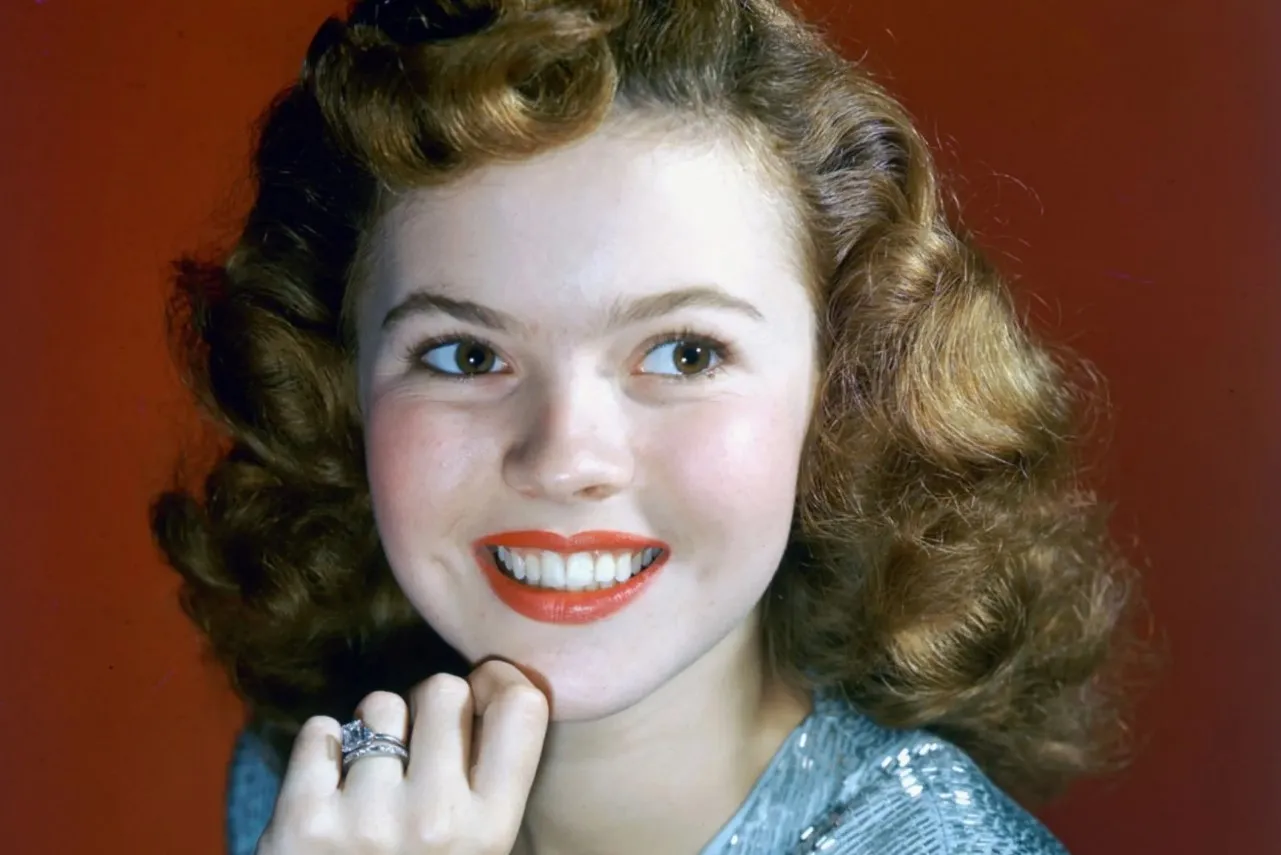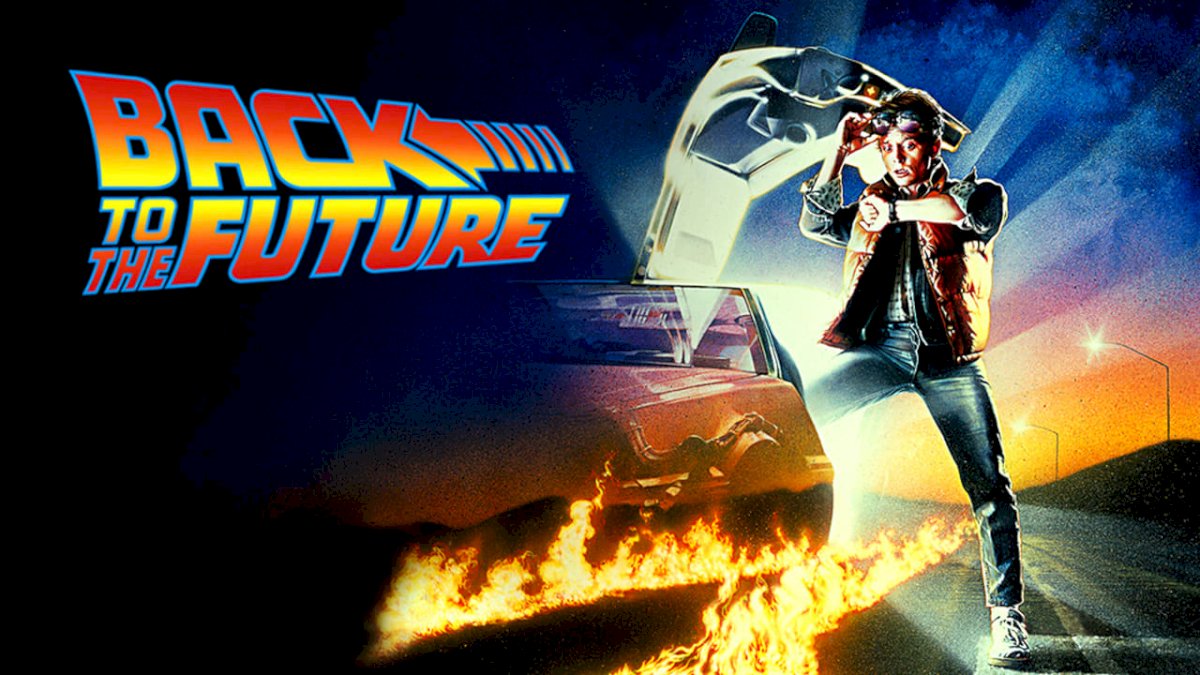For twenty glorious years, "Gunsmoke" rode across the American television landscape, earning its place as one of the most iconic and enduring series in the medium's history. From 1955 to 1975, this Western drama captivated audiences with its tales of lawmen, outlaws, and the rugged frontier. In this comprehensive article, we will explore the history, themes, characters, and enduring impact of "Gunsmoke."
(Watch the video below)

Setting the Stage: The Western Genre in Television

The 1950s was a time when television was rapidly growing in popularity, and various genres were explored to captivate audiences. Westerns had already been successful in film, but it was "Gunsmoke" that truly brought the Wild West to living rooms across America. The show's concept was based on a popular radio drama of the same name that aired from 1952 to 1961, but it was the transition to television that cemented its place in history.
The Premise and Main Characters

"Gunsmoke" was set in the rough and lawless town of Dodge City, Kansas, during the late 1800s. The central character was Marshal Matt Dillon, portrayed by James Arness, who personified justice, honor, and a strong moral compass. As the town's marshal, Dillon was responsible for maintaining law and order, often facing dangerous outlaws, criminals, and conflicts that came his way.

Marshal Dillon was supported by a cast of memorable characters. Chester Goode (Dennis Weaver), his loyal deputy, was known for his good heart, although he was often portrayed as somewhat clumsy and naïve. The character of Doc Adams (Milburn Stone) was the wise and compassionate town physician, offering both medical expertise and moral guidance. Rounding out the main cast was Miss Kitty Russell (Amanda Blake), the owner of the Long Branch Saloon, who had a complicated relationship with Matt Dillon and was an essential figure in the show's narrative.
Moral Complexity and Realism
One of the reasons "Gunsmoke" stood out among its contemporaries was its commitment to portraying moral complexity and realistic character development. The show presented multidimensional characters, each with their strengths, flaws, and personal struggles. Marshal Dillon, in particular, was depicted as a principled and heroic figure, but he wasn't without his internal conflicts and doubts.
The series explored themes of morality, justice, and the consequences of violence. Unlike many westerns that presented a black-and-white worldview, "Gunsmoke" delved into the gray areas of right and wrong. Viewers witnessed the consequences of violent actions and the toll it took on individuals and the community. The show emphasized that being a lawman was not a glamorous occupation but a challenging and often emotionally taxing one.
Miss Kitty Russell: A Complex Female Character

At a time when female characters in television were often relegated to traditional roles, Miss Kitty Russell stood out as a powerful and nuanced female figure. As the owner of a saloon, she defied social norms and was unapologetic about her choices. Miss Kitty's relationship with Matt Dillon added depth to the show, as it was characterized by both genuine affection and unspoken tensions.

The character of Miss Kitty was a trailblazer in its own right, as it subverted gender expectations and offered a portrayal of a strong, independent woman in a male-dominated world. Amanda Blake's performance breathed life into the character, making Miss Kitty one of the most beloved figures in television history.
Addressing Social Issues

Beyond its entertainment value, "Gunsmoke" also engaged with contemporary social issues of its time. The show occasionally tackled subjects such as racism, prejudice, and the consequences of war. These themes were skillfully woven into the narratives, allowing the show to resonate with audiences on a deeper level.
Moreover, "Gunsmoke" was one of the few television series to feature recurring African American characters in a predominantly white genre. Actors like Buck Taylor, who portrayed Newly O'Brien, and Ken Curtis, who played Festus Haggen, brought diversity and representation to the screen, challenging stereotypes and promoting inclusivity.
Longevity and Cultural Impact

Few television series can boast the kind of longevity and cultural impact that "Gunsmoke" achieved. Running for twenty seasons and producing an astounding 635 episodes, the show became the longest-running prime-time live-action drama series in American television history at the time. Its success paved the way for other long-running series and helped shape the television landscape for years to come.

"Gunsmoke" also left an indelible mark on popular culture. The iconic theme music composed by Rex Koury became synonymous with the western genre, and Marshal Matt Dillon's portrayal by James Arness became an enduring symbol of the noble lawman. The show's influence extended beyond television, inspiring comic books, novels, and even a radio revival in the 1980s.
The End of an Era

After two decades on the air, "Gunsmoke" bid farewell to its devoted audience in 1975. The final episode, titled "The Sharecroppers," aired on March 31, 1975, and marked the end of an era. Viewers said goodbye to the beloved characters they had followed for so many years, leaving behind a legacy that would continue to be celebrated for generations to come.
Legacy and Continuation

Although "Gunsmoke" officially concluded in 1975, its legacy lived on through various avenues. The show remained popular in syndication, introducing new generations of viewers to the timeless appeal of the Old West. Additionally, several made-for-television movies and reunions were produced in the following decades, allowing fans to revisit their favorite characters and settings.
In 1990, a made-for-television movie titled "Gunsmoke: The Last Apache" was released, reuniting James Arness and Amanda Blake in their iconic roles. More movies followed, including "Gunsmoke: To the Last Man" (1992) and "Gunsmoke: One Man's Justice" (1994), further expanding the legacy of the original series.
Conclusion

"Gunsmoke" is a television classic that broke new ground in storytelling and genre representation. With its compelling characters, exploration of moral complexities, and engagement with social issues, the show became a cultural phenomenon that continues to captivate audiences. Its legacy lives on through its impact on the western genre and television history, firmly establishing "Gunsmoke" as one of the most influential and beloved series in the annals of American television.


